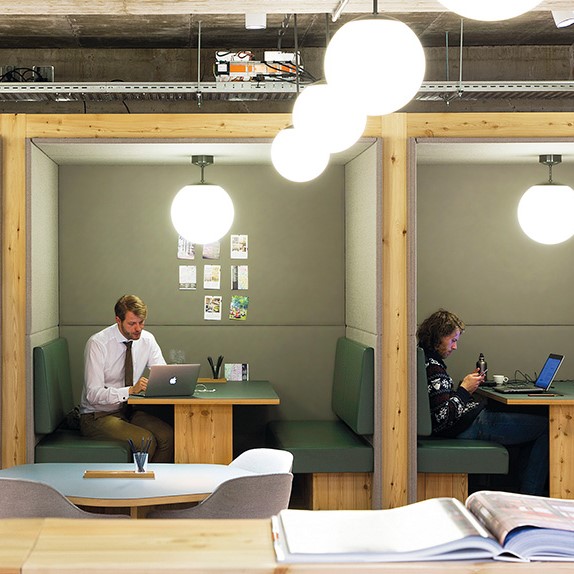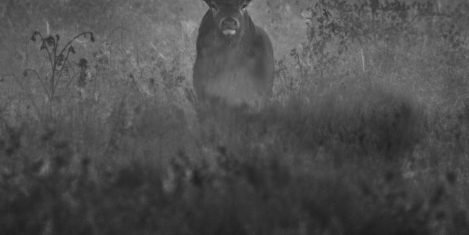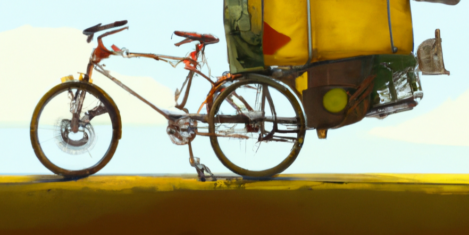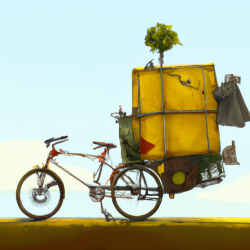May 5, 2025
Office design and the office market are not what you might be led to believe
 Over the weekend The Times published an article headlined “The ‘super-prime’ offices designed to lure WFH staff back in”. It described how firms are reshaping offices in the image of upmarket hotels, with enticing features such as gyms, childcare, cinemas, climbing walls, lounges and restaurants (run by Gordon Ramsay natch). These are luxury spaces to make the office worth the commute, as the cliché goes. Although the author concedes that this is largely a London phenomenon in the UK, the implication is that offices everywhere must ape this office design approach to some degree to meet the demands of the post-covid workforce. This is compelling stuff and not the first time you will have heard the argument. But, is it true? (more…)
Over the weekend The Times published an article headlined “The ‘super-prime’ offices designed to lure WFH staff back in”. It described how firms are reshaping offices in the image of upmarket hotels, with enticing features such as gyms, childcare, cinemas, climbing walls, lounges and restaurants (run by Gordon Ramsay natch). These are luxury spaces to make the office worth the commute, as the cliché goes. Although the author concedes that this is largely a London phenomenon in the UK, the implication is that offices everywhere must ape this office design approach to some degree to meet the demands of the post-covid workforce. This is compelling stuff and not the first time you will have heard the argument. But, is it true? (more…)





































May 9, 2025
Ping pong, perks, pizza and beanbags won’t get you a better workplace culture
by Daniel Snell • Comment, Flexible working, Wellbeing, Workplace, Workplace design